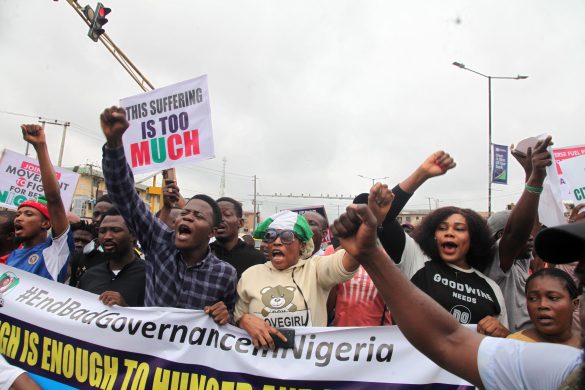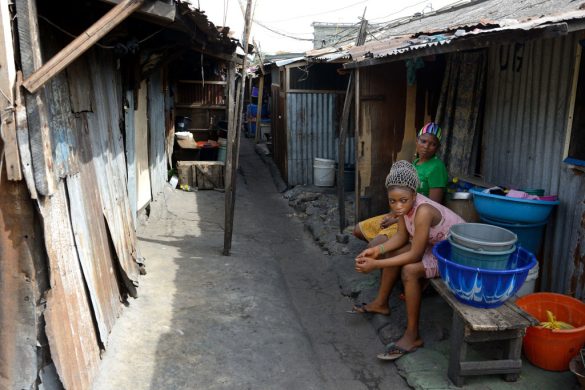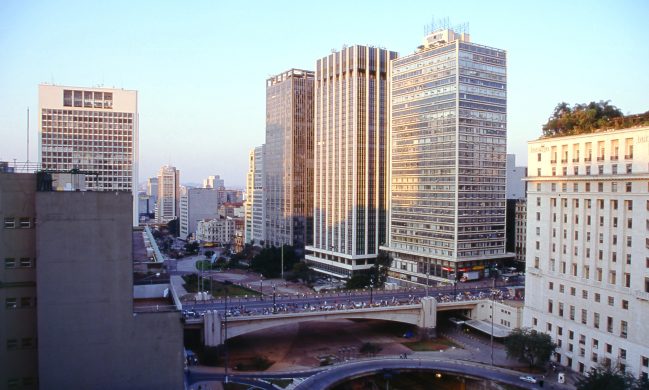UPPSALA, 29 October, 2015 (NAI): Since President Buhari came to power in Nigeria, the Boko Haram insurgency, which has been spreading terror in the country in recent years, has been pushed back.
There are two main explanations for this, argues NAI guest researcher Dr. Adebusuyi Adeniran. Sufficient resources have been provided to the military and Boko Haram insurgents are being offered an amnesty if they lay down their arms.
Nigerian President Muhammadu Buhari has given the military more weapons and logistics in the fight against Boko Haram and also relocated the military command of the country to the Maiduguri, which is the heartbeat of the crisis. This has contributed to several victories over the Islamists.
Amnesty to insurgents
“As important as the military efforts are, it is the amnesty offered Boko Haram insurgents that has been especially important. Hundreds of them have already surrendered to government forces and are now an important source of information for the military,” Adeniran says.
His research shows that Boko Haram is a movement with neither clear objectives nor clear leadership. Consequently, it has been unable to collaborate with other Islamic movements in the region, such as the Tuareg in Mali or groups linked to Al-Qaeda and ISIS.
Instead, Boko Haram is now composed of small groups that operate on their own without overall command or coordination.
Began as a peaceful movement
Contradictorily, while Boko Haram claims to be fighting Western culture and Christianity, the majority of those killed have been Muslims and more mosques than churches have been attacked.
It wasn’t like this at the beginning. Boko Haram was ideologically created to offer an alternative to Western education and to spread Islam across the length and breadth of Nigeria.
However, the Nigerian security forces overzealously executed the warrant to arrest its founder Mohammed Yusuf in 2009 and accidentally killed him. Thereafter, the movement became radicalised and expectedly violent.
Adeniran highlights a number of factors that allowed Boko Haram to grow and even to be viewed for a while as a threat to the Nigerian state.
People in northeast Nigeria have always had close family and commercial ties with other kinsmen, especially on the Niger Republic flank. Whenever soldiers came searching for Boko Haram rebels, they would simply crossed the border and stay with friends or relatives.
Least educated region
“Also, northeast Nigeria is the least educated region in the country. As such, all the young men without training or job opportunities have been a big pool for recruitment into Boko Haram violent campaign,” Adeniran observes.
A third factor is the tradition of submission in the region. It has been quite easy for Boko Haram insurgents to convince young men to its campaign with adequate references to selected Islamic doctrines. Few people are literate enough to read the religious texts themselves.
“If you have no education and no income, it doesn’t take much to be talked into a just war against infidels,” Adeniran remarks.
Fueled by domestic politics
The long tradition of political struggle between northern and southern Nigeria also fuelled the insurgency.
In the north, local politicians saw Boko Haram as a means to challenge the power of the south.
Former President Goodluck Jonathan also tried to take advantage of the crisis by planning to declare a state of emergency with the hope that the northeastern states of the country where Boko Haram has been active would not participate in the election since they have always been strongholds of the opposition party.
However, such intent backfired and fuelled his ouster from power during the general elections of March, 2015.
Lost its popular support
According to Adeniran, Boko Haram had derived some popular support from the people of the northeastern Nigeria initially.
However, as individuals’ daughters were being kidnapped for suicide bombing and sons were being conscripted to the fight, support dwindled drastically and in some localities, vanished.
“Without local support, it will be difficult for Boko Haram to survive. Perhaps the movement will be beaten in a matter of months”, Adeniran concludes.















